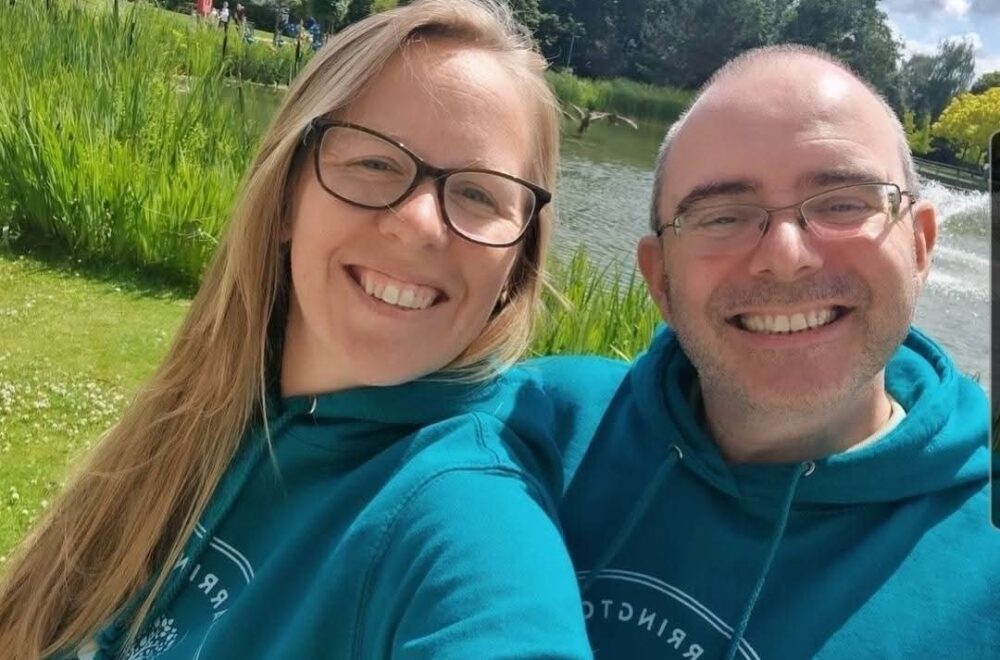
News & Insight
-
 Parklife
Parklife08 July 2025
Warrington Wellbeing Festival is on this Saturday!
-
 Parklife
Parklife04 July 2025
LWA Blog: 39 tax administration changes announced reducing burdens for businesses and employers
-
 Business
Business03 July 2025
Haier's Red Dot and Ideal Home Awards Celebrate Excellence in Product and Kitchen Design
-
 Nuclear
Nuclear03 July 2025
The energy of the future – how nuclear is playing a vital role in the UK’s decarbonisation efforts
-
 Nuclear
Nuclear03 July 2025
Prime Minister speaks of new jobs in Warrington during 'golden age of nuclear'
-
 Parklife
Parklife27 June 2025
labdesk take on the Helvellyn 9 challenge for Peace & Mind
-
 Parklife
Parklife27 June 2025
Pop Up Pimm's Bar at the EngineRooms
-
 Business
Business26 June 2025
Haier strengths its global tennis presence through title sponsorship at Queen’s Club, London
-
 Parklife
Parklife23 June 2025
Congratulations to all Summer Fun Run winners!
-
 Parklife
Parklife23 June 2025
Congratulations to Jimmy for completing the ‘Walk for Tom’ marathon on hottest day of the year!
-
 Business
Business20 June 2025
Veolia Nuclear Solutions expands space at Birchwood Park
-
 Parklife
Parklife20 June 2025
It’s a Knockout Returns to Birchwood Park!
